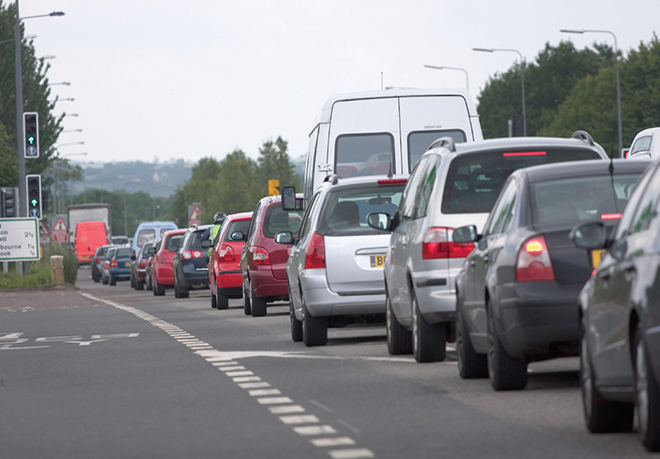Ahead of the budget and rumours that fuel duty will be unfrozen, Nigel Morris, employment tax director at MHA MacIntyre Hudson, says a mix of tax rises and targeted reliefs will be key to support low emission and electric vehicles.

UNFREEZING fuel duty will be unpopular but it is probably the best way to pave the way to a zero carbon future for the motor sector. An increase in fuel duty for conventional internal combustion engine vehicles of 2p per litre could raise £4 billion over the next five years, whereas a continued freeze on fuel duty could ‘cost’ the Treasury £1 billion per year.
This could pay for the infrastructure to support a large increase in new Ultra Low Emission Vehicles and Battery Electric Vehicles. However, a tax hike alone is not enough; it needs to be supported by targeted tax incentives.
Two key tax incentives that could facilitate this are firstly the Plug-in Car Grant, which should be maintained until 2025, at least in some form. Secondly, the sector needs certainty on the future of Benefit in Kind rates. The change in the BIK rates coming in this April make it significantly cheaper to run an ultra low emissions vehicle, but the more certainty there is that these will be maintained the better.
In addition, the government needs to address the infrastructure issue and bring together the currently fragmented and unreliable ‘series’ of charging networks and providers. Incentives for charging infrastructure providers to work together to achieve true interconnectivity must be considered.
These measures would keep the list price of ULEVs and BEVs lower. Coupled with certainty on the BIK position, they would encourage the earlier uptake of ULEVs, particularly in fleets, and help the government to meet its CO2 targets.



